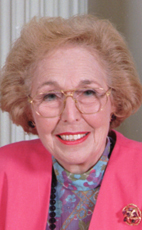Mr. Speaker, Friday, March 21 marks the international day for the elimination of racial discrimination, an important time for all of us to reflect on and rejoice in the values inherent in living with respect and understanding for the diversity of our people in both official languages.
Our charter speaks to non-discrimination as a goal yet to be reached in our evolving history of growth and development. There have been many breaches in the contract of fairness, equality and tolerance that must be challenged and overcome.
Today, on the 10th anniversary of the Deschenes commission report, I met with private investigator Steve Rambam on the issue of Nazi war criminals fraudulently making a home in our country. While 12 such cases are presently being reviewed, other criminals must also be pursued, for he presented a very disturbing portrait of
the RCMP's lack of serious pursuit and investigative tactics against these perpetrators of horrific crimes.
It was a damning criticism of our respect for the value of our own humanity, our own citizenship, and this is a matter of international justice and human rights, not revenge.

